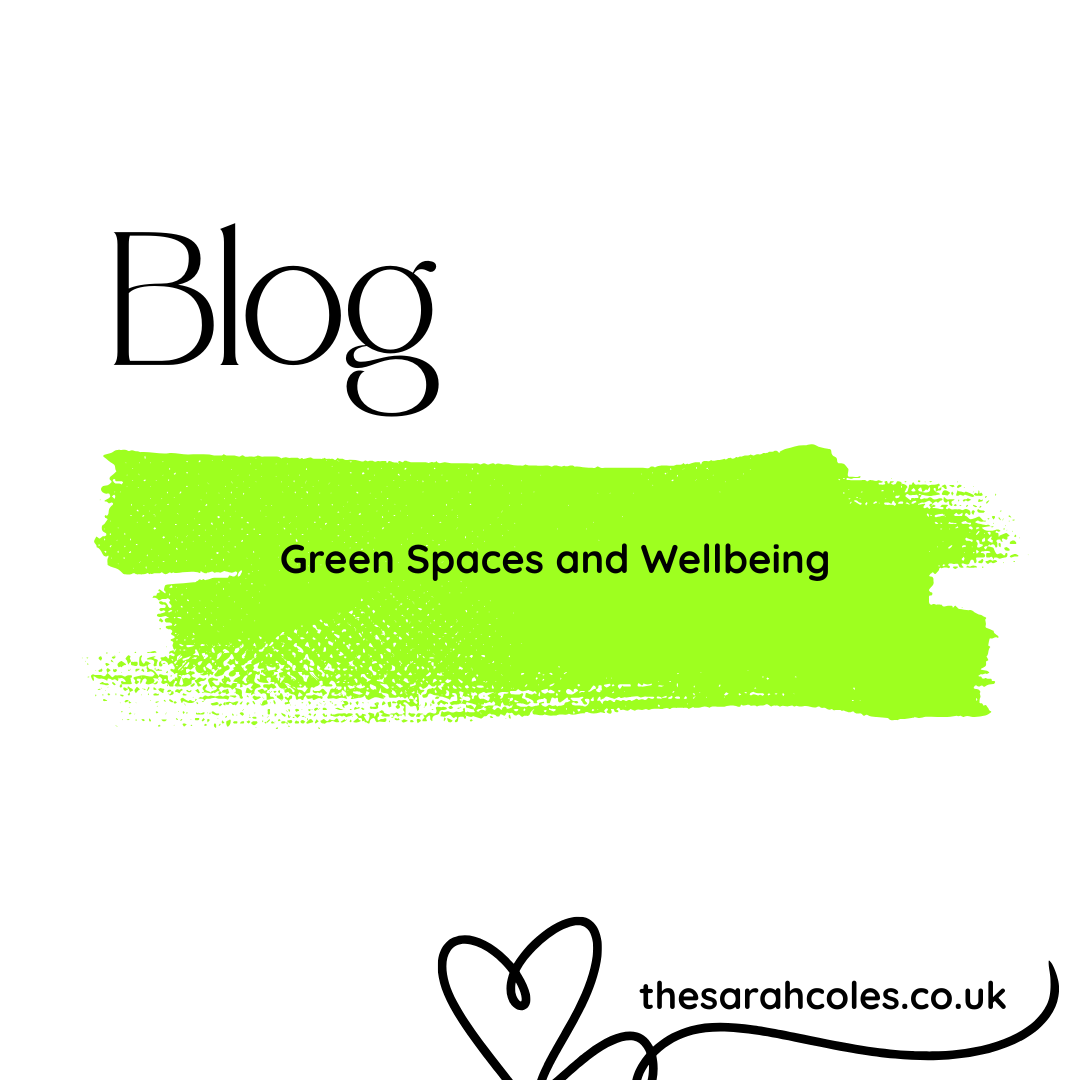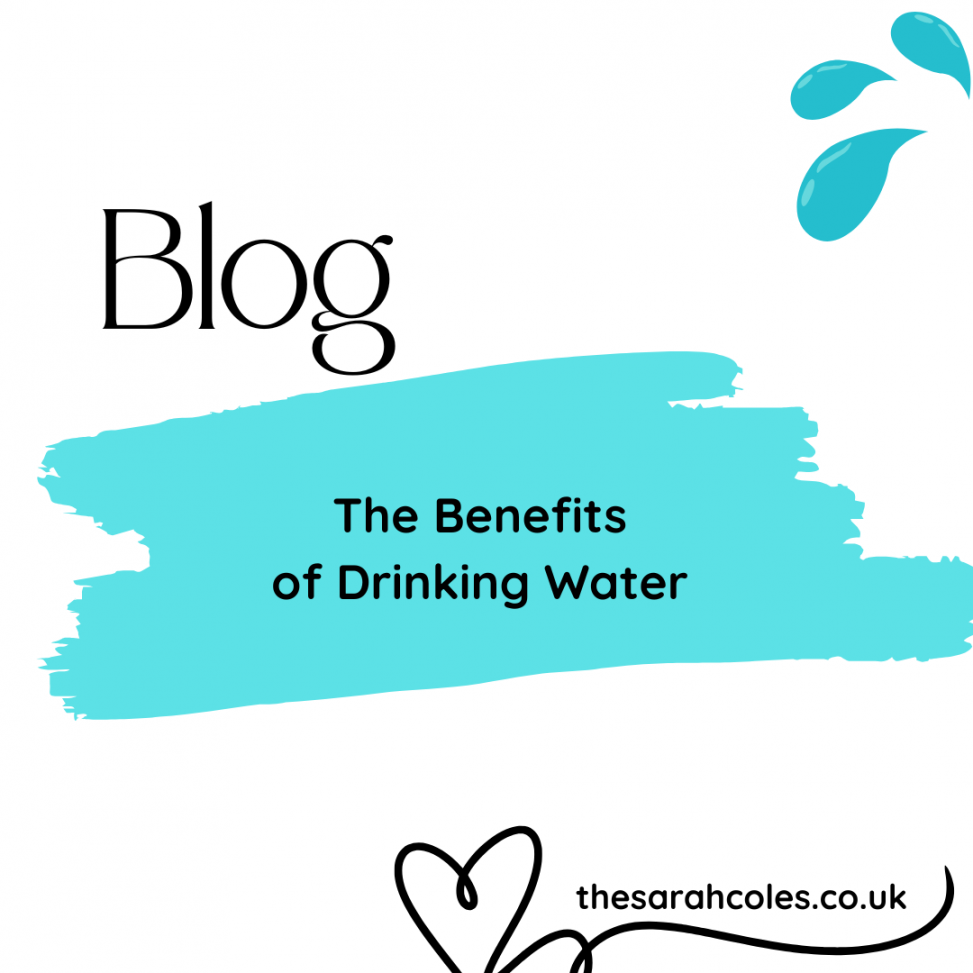We all know we should drink more water, but it’s often easier said than done. Whether it’s the lure of a morning coffee or an afternoon fizzy drink, water can sometimes feel a bit… boring. Yet, this simple, clear liquid is one of the most powerful tools we have for improving our health. From boosting brain function to keeping our skin clear, the advantages of staying hydrated are immense.
Why is Water So Important?
Water is, quite literally, the stuff of life. It makes up about 60% of the adult human body and is essential for nearly every biological function. Our cells, tissues and organs all rely on water to operate correctly. Without it, our bodies simply cannot perform at their best.
Think of water as the body’s internal transport system. It carries vital nutrients to your cells, helps regulate your body temperature through sweating and flushes out waste products and toxins. Every sip you take contributes to these critical processes, keeping your internal machinery running smoothly. Dehydration, even in its mildest form, can disrupt these functions, leading to fatigue, headaches, and a decline in both physical and mental performance.
Key Health Benefits of Staying Hydrated
Increasing your daily water intake can have a profound impact on your overall health. The benefits range from physical improvements you can see and feel to internal enhancements that protect your long-term well-being.
Enhances Brain Function and Energy Levels
Your brain is heavily dependent on water to function effectively. Even mild dehydration can impair concentration, alertness, and short-term memory. Feeling that afternoon slump? Before reaching for another coffee, try a glass of water. Studies have shown that rehydrating can reverse the effects of dehydration on the brain, boosting your mood and cognitive performance. Staying properly hydrated helps maintain energy levels throughout the day, preventing the fatigue that often accompanies a lack of fluids.
Supports Physical Performance
For anyone who is physically active, water is a non-negotiable performance enhancer. During exercise, your body loses water through sweat. If you don’t replenish these fluids, you can experience a significant drop in strength, power and endurance. Proper hydration helps your muscles work efficiently, prevents cramping and allows you to push harder for longer.
Promotes Healthy Skin
Want glowing skin? Water might be the simplest beauty product you can use. It helps to keep your skin cells plump and moisturised from the inside out, which can reduce the appearance of fine lines and wrinkles. While it won’t magically erase acne, proper hydration supports the skin’s natural detoxification processes and can contribute to a clearer, more vibrant complexion.
Aids Digestion and Prevents Constipation
Water is crucial for a healthy digestive system. It helps to break down the food you eat, allowing your body to absorb the nutrients more effectively. It also plays a key role in preventing constipation by softening stools and helping them move through your digestive tract. If you suffer from irregular bowel movements, increasing your water intake is one of the first and most effective steps you can take.
Helps with Weight Management
Drinking water can be a useful tool if you’re trying to manage your weight. Drinking a glass of water before a meal can help you feel fuller, potentially leading you to eat less. Furthermore, opting for water over sugary drinks like fizzy drinks, juices, and sweetened teas can drastically reduce your daily calorie intake. Sometimes, our brains also mistake thirst for hunger, so reaching for water first can curb unnecessary snacking.
How Much Water Should You Drink Per Day?
The common advice to drink eight glasses a day is a good starting point, but individual needs can vary. The NHS recommends drinking 6 to 8 cups or glasses of fluid a day, which is roughly 1.5 to 2 litres. However, factors like your age, activity level, climate and overall health can influence your specific requirements.
For instance, you’ll need more water if you exercise regularly or live in a hot climate. The best way to monitor your hydration is by paying attention to your body. Signs of good hydration include rarely feeling thirsty and having pale, straw-coloured urine. If your urine is dark yellow, it’s a clear sign you need to drink more fluids.
Tap vs. Bottled: Which is Better?
The debate between tap and bottled water often comes down to convenience, cost and perceived quality.
- Tap Water: In the UK, tap water is held to stringent safety standards, making it perfectly safe and healthy to drink. It’s also significantly cheaper than bottled water and much more environmentally friendly, as it eliminates plastic waste. The main downside can be the taste, as it varies depending on your location and the minerals present.
- Bottled Water: While convenient for on-the-go hydration, bottled water is expensive and has a major environmental impact. The production and transportation of plastic bottles contribute to carbon emissions and many bottles end up in landfills or oceans. Although some people prefer the taste, studies have shown that in blind taste tests, many can’t distinguish between tap and bottled water.
The Verdict: For most people, tap water is the clear winner. It’s safe, affordable and sustainable. If you dislike the taste of your tap water, using a simple water filter can be an effective solution.
Still vs. Sparkling: Is There a Difference?
When it comes to hydration, both still and sparkling water are excellent choices.
- Still Water: This is the classic, uncarbonated H₂O. It hydrates effectively and is free of any additives.
- Sparkling Water: This is simply water that has been infused with carbon dioxide gas to create bubbles. It is just as hydrating as still water. However, it’s important to check the label. Some flavoured sparkling waters contain added sugars, sweeteners or sodium, which can negate the health benefits. Plain, unflavoured sparkling water is a great alternative if you find still water uninteresting.
The Verdict: Both are great for hydration. Choose whichever you prefer, but be mindful of added sugars in flavoured sparkling varieties.
Your Path to Better Health
Staying hydrated is one of the simplest yet most effective actions you can take for your health. By ensuring you drink enough water each day, you’re supporting everything from your brain function and energy levels to your skin and digestion. Small changes, like carrying a reusable water bottle or setting reminders to drink, can make a significant difference.
So, the next time you feel a headache coming on or your energy starting to dip, try reaching for a glass of water. Your body will thank you for it.
Further Reading: Water & Hydration NHS, Is Coffee Healthy? The Truth Behind Your Morning Brew, Simple Ways to Increase Your Daily Water Intake, Natural Ways to Boost Your Mood








